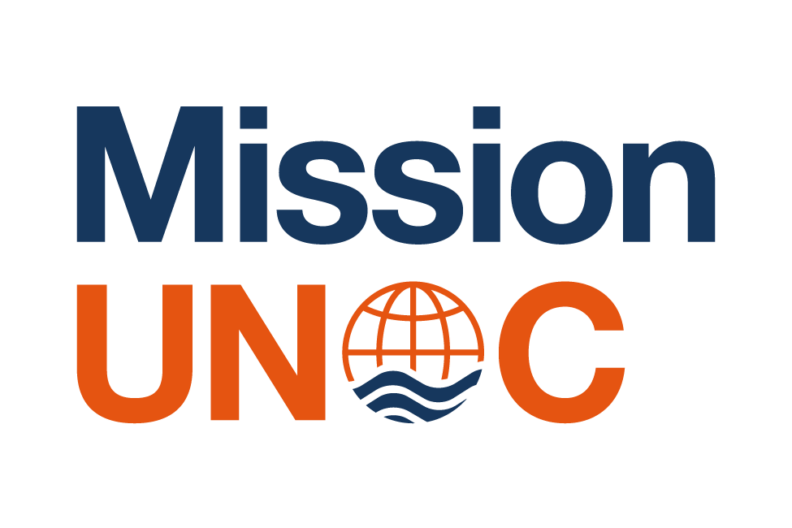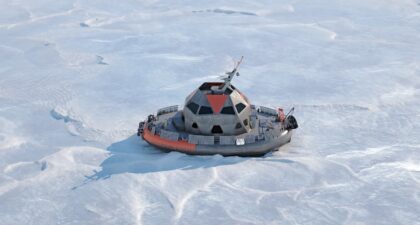
May 30, 2025
Tara Polar Station: the challenges of science aboard a laboratory drifting in the Arctic
The challenge of Arctic science The importance of science and long term observations The Arctic plays a crucial role in regulating the world’s climate, and its vulnerability to climate change is placing the pole at the heart of scientific concerns. The rapid changes taking place there, particularly the accelerated melting of the sea ice, are
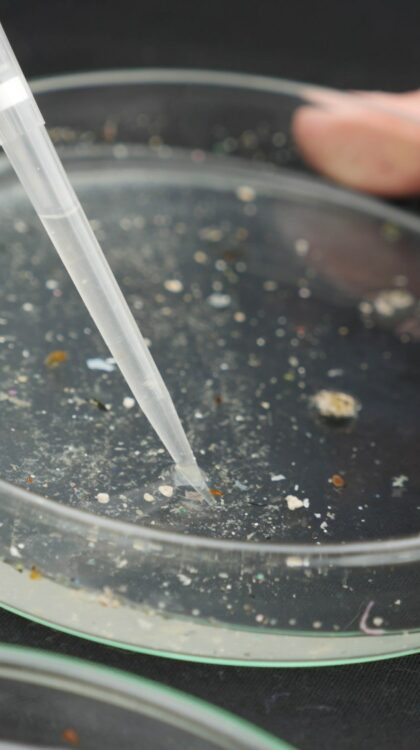
April 7, 2025
Microplastics: the hidden side of a global pollution
All European rivers are affected Rivers are the main vector for transporting waste of human origin to the ocean. Every year, they discharge a staggering 8 to 12 million tonnes of plastic debris, which accumulates in all the world’s ecosystems and poses a risk to biodiversity. In 2019, the Microplastics Mission studied the origin and
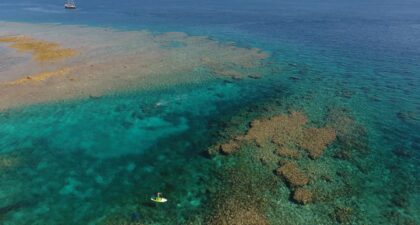
March 4, 2025
Tara Pacific (2016-2018), the unique biodiversity of coral reefs
See the first 2 articles : Tara Arctic (2006-2008), the transpolar drift – Tara Oceans (2009-2013), the invisible people of the Ocean Why should we study coral reefs ? What is coral? Coral is actually made up of an animal, a polyp resembling a tiny anemone with a body and tentacles arranged around a ‘mouth’.
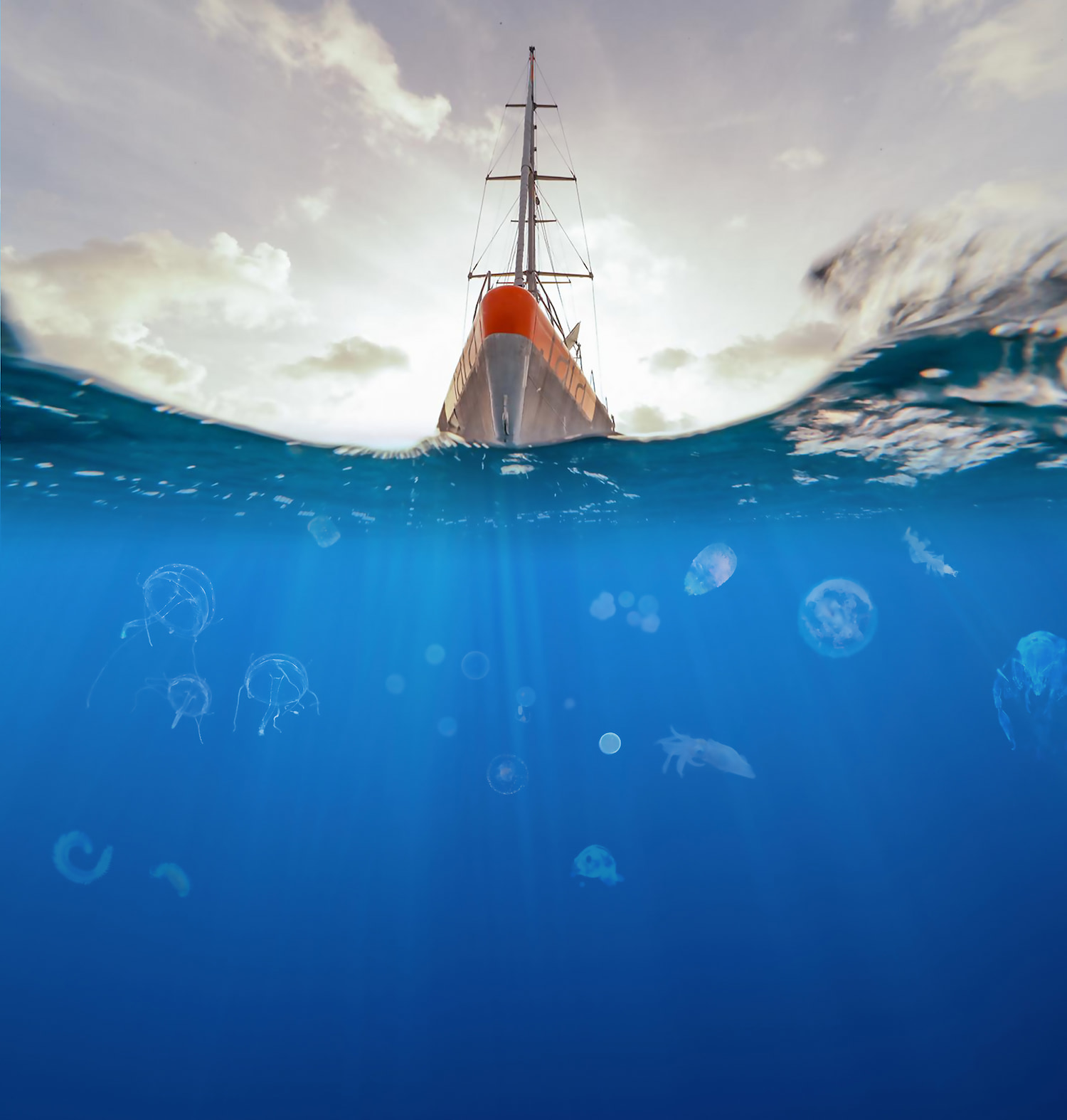
February 10, 2025
Tara Oceans (2009-2013), the invisible people of the Ocean
Read the first article of the series: Tara Arctic (2006-2008), the transpolar drift Who lives in the Ocean? It was clear to the scientific community that a global study of the Ocean over a long period of time was necessary to gain a better understanding of how this immense body of water functions. Never before
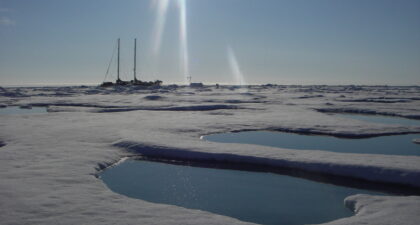
January 22, 2025
Tara Arctic (2006-2008), the transpolar drift
20 years of expedition at the service of fundamental research For over 20 years, the Tara Ocean Foundation has been taking international scientists on board the Tara schooner. The aim is to gain a better understanding of the ocean through time and expeditions. Few oceanographic missions, like Tara, take an interest in a specific ecosystem
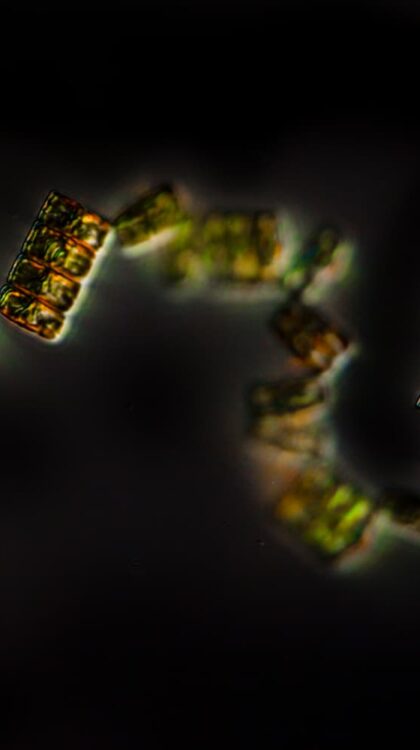
January 13, 2025
Is light perception useful for phytoplankton?
Light is a limiting factor in the Ocean Although essential for life, light only penetrates the Ocean in the upper phase of the photic zone (up to 200m); and in this zone, light is also highly variable, and depends on various factors: the properties of water, which specifically absorbs certain wavelengths, the presence of other
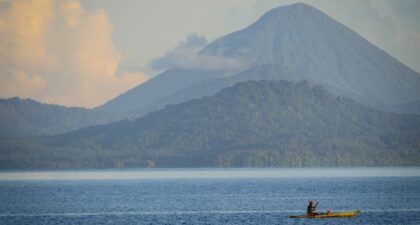
December 5, 2024
Why is the Ocean a vital ally in the fight against climate change?
Why is the ocean essential to our planet? The Ocean, blue lung of our planet, is alive and vital, playing a central role in regulating the Earth’s climate. As an essential ally in the fight against climate change, it acts as a vast reservoir capable of absorbing much of the excess heat and greenhouse gases
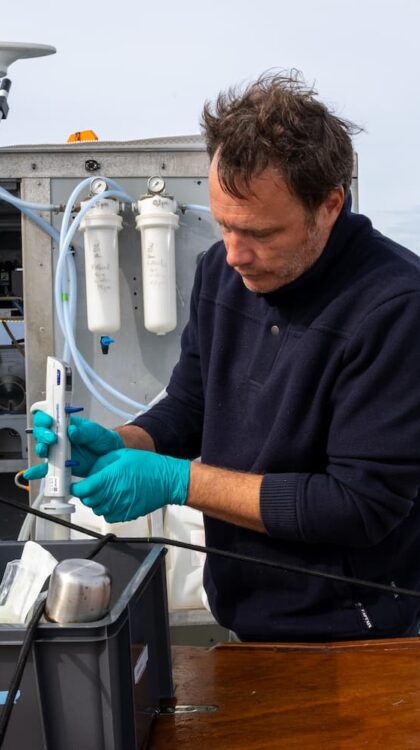
September 17, 2024
The plankton paradox: Unprecedented cooperationbetween bacteria in the Ocean
Better understanding plankton diversity thanks to the data collected during the Tara Oceans expedition The plankton paradox was described by ecologist George E. Hutchinson in 1961: A very great diversity of plankton can be observed on the ocean surface despite limited nutrient resources for which these organisms are in constant competition. This led a team
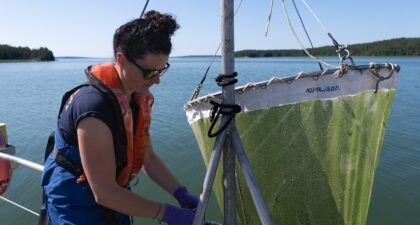
April 2, 2024
Eutrophication, an important issue in the Baltic Sea
What is eutrophication? This biological phenomenon occurs when a significant amount of nutrients is released in the environment. These influxes come in particular through farm inputs, such as fertilizers, that allow plants to grow more quickly. However, the quantities supplied to ecosystems are often very large, causing excess nutrients to flow into the aquatic continuum
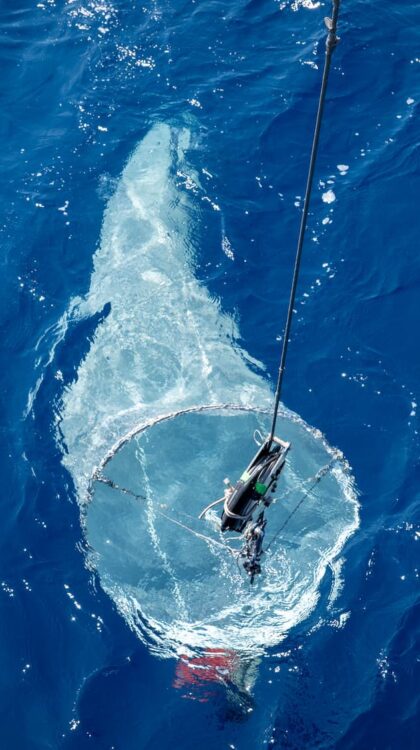
February 27, 2024
Migratory flows in the Ocean: Why do marine animals migrate?
Animal behavior: migration Movement is an animal behavioral characteristic that has been studied by scientists for many years. Animals are able to find their way in the Ocean, a dark and immense environment, thanks to external signals. Thus, a movement can be triggered by: the modification of the degree of activity by a stimulus (kinesis):
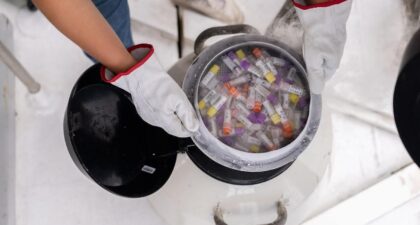
January 18, 2024
[TREC/Tara Europa] Between land and sea, an unprecedented scientific expedition along the coasts of Europe
An expedition coordinated by the European Molecular Biology Laboratory (EMBL) in collaboration with the Tara Oceans Consortium, the Tara Ocean Foundation and more than 70 scientific institutions. This mission brings together 150 researchers in about 30 countries. Interview with Colomban de Vargas, scientific director of the Tara Europa expedition. What is the Tara Oceans scientific consortium? The Tara Oceans Consortium was created 15 years ago during an
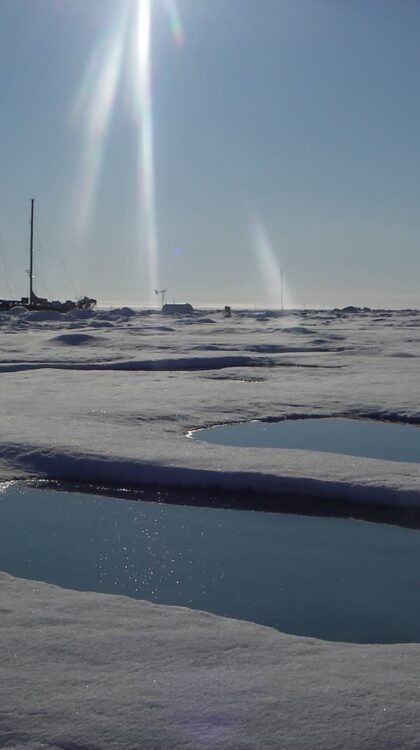
December 19, 2023
The Arctic, a little-known ocean at the forefront of the climate crisis
A polar ecosystem, sentinel of the climate The glacial Arctic Ocean, the only polar ocean on our planet, covers an area equivalent to five times that of the Mediterranean Sea, or approximately 14 million km². Covered with ice floes most of the year, this ocean is bordered by eight countries: Norway, Sweden, Russia, Finland, Denmark
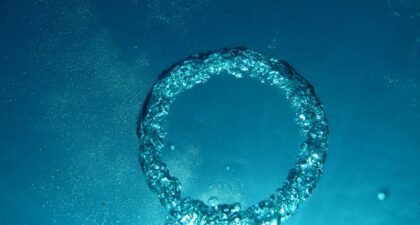
October 11, 2023
Reinforcing scientific expertise in understanding planktonic ecosystems through collaboration among young researchers
The Ocean Plankton, Climate, and Development project (2016-2022), in partnership with the French facility for Global Environment (FFEM*), enabled the Foundation and its partner laboratories to establish a program for training and expertise exchange aimed at understanding planktonic ecosystems. Young researchers from the Global South (Argentina, Brazil, Chile, Senegal, and Togo), with diverse expertise (geneticist,
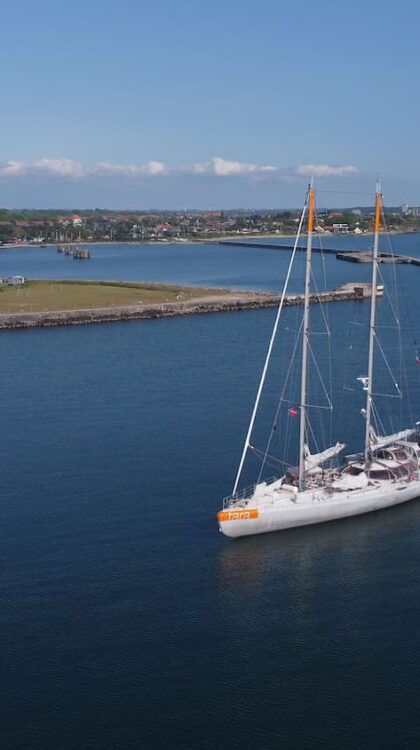
July 7, 2023
Impact of anthropic activities on biodiversity along the shoreline: development of coastal occupation
What is the shoreline? According to Michel Desse, professor of human geography of coastal areas at the University of Nantes, the shoreline is an interface zone between land and sea/ocean that fluctuates depending on the day (under the influence of tides, for example), season and climate-related events, such as marine submersion. In some places, the
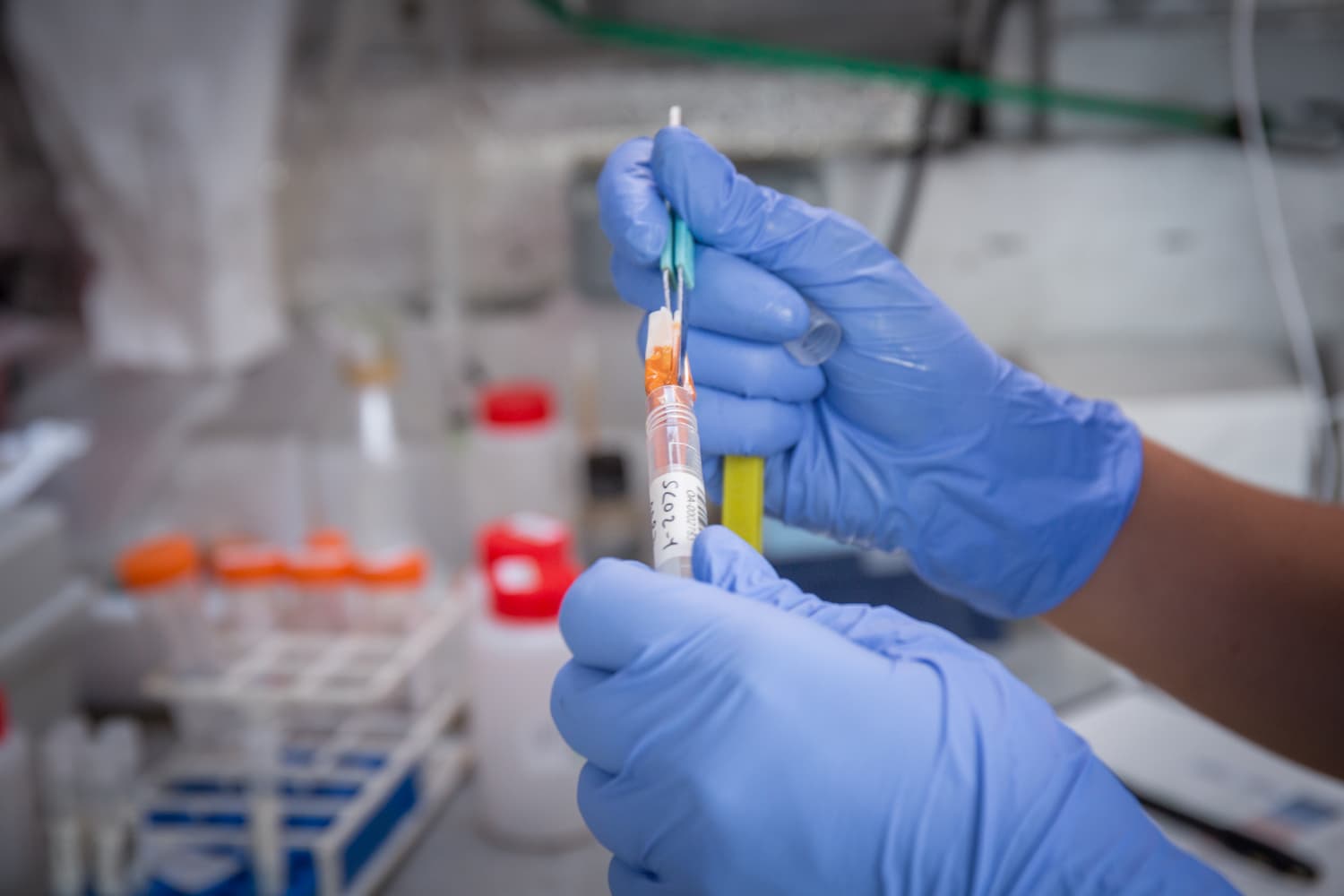
June 6, 2023
[Tara Océans] Discovery of new viruses in the ocean: Mirusviruses
Viruses infect plankton in the ocean Scientists characterized a new group of DNA viruses which they named «mirusviruses». “Mirus“ is a Latin word which means strange, or even surprising. The name reflects the unusual evolutionary traits of these viruses which have very complex genomes, with hundreds of genes and many functions which are currently completely
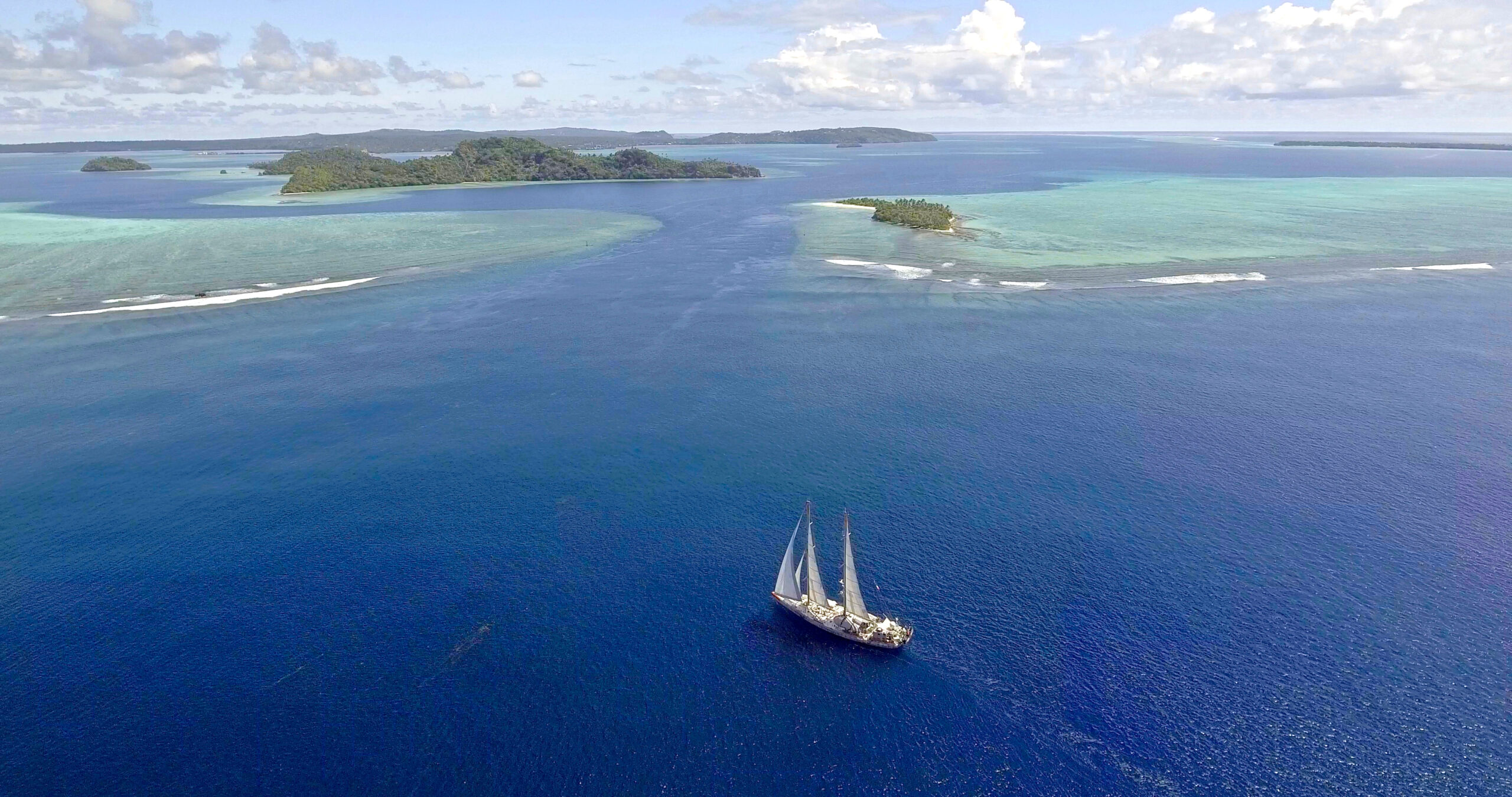
April 18, 2023
Tara Pacific: Towards a new understanding of coral reefs, sentinels of climate change
What is coral? Coral: animal, vegetable, mineral? When observing a coral on a reef, we do not observe an animal, nor an alga, nor a rock, but all three combined. Indeed, a coral is a colony of animals fixed on their limestone skeleton, sheltering in its tissues micro-algae which give them their bright colors. These
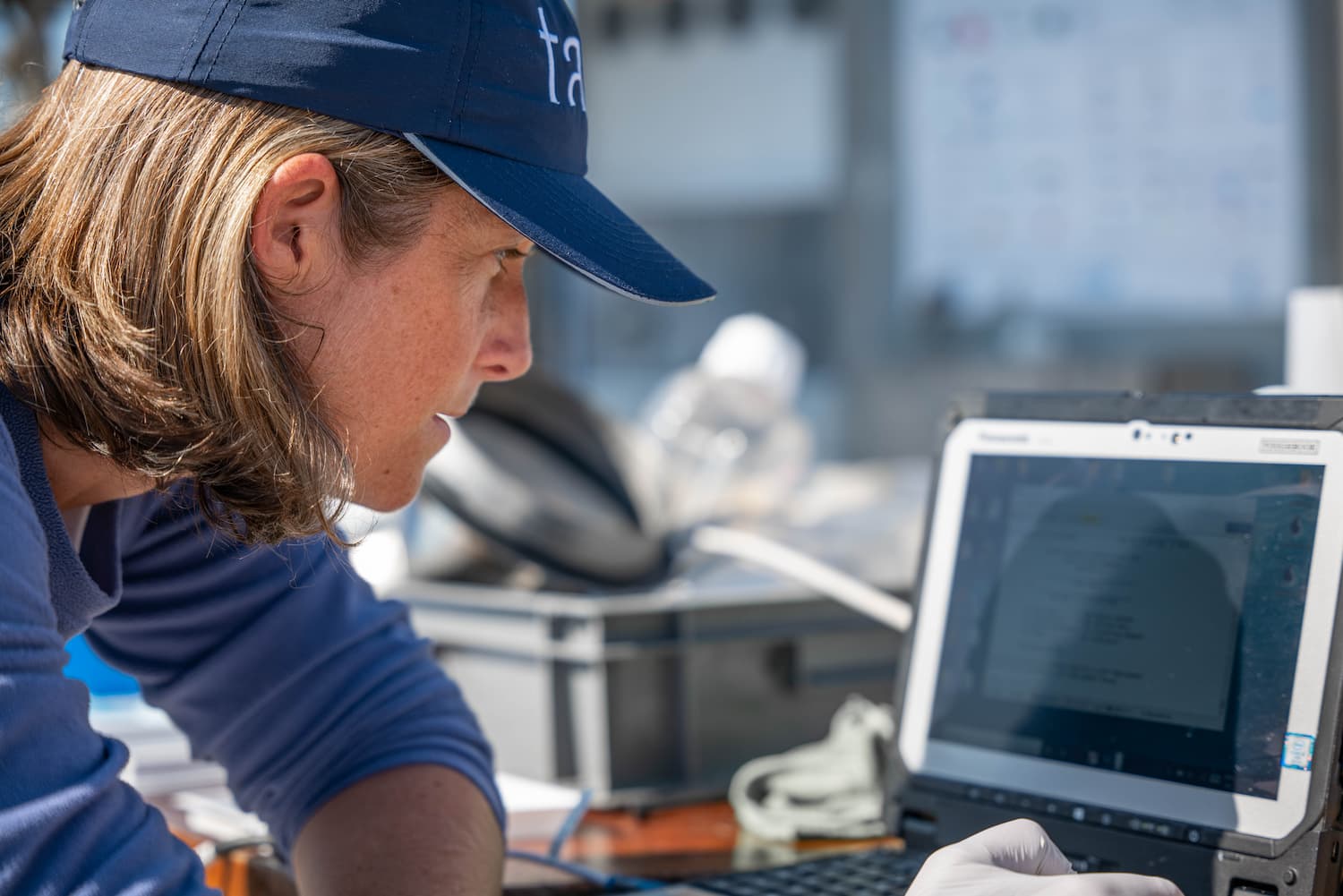
June 29, 2022
Part 3 of the Microbiome mission: the schooner Tara samples the West African coast for 5 months
An ambitious scientific program in West Africa For 5 months, the schooner will stopover in 7 African countries: South Africa, Namibia, Angola, Democratic Republic of Congo, Republic of Congo, Gambia and Senegal. During this presence along the African coasts, the Tara Ocean Foundation and associated research institutes will delve into 3 major scientific projects: The
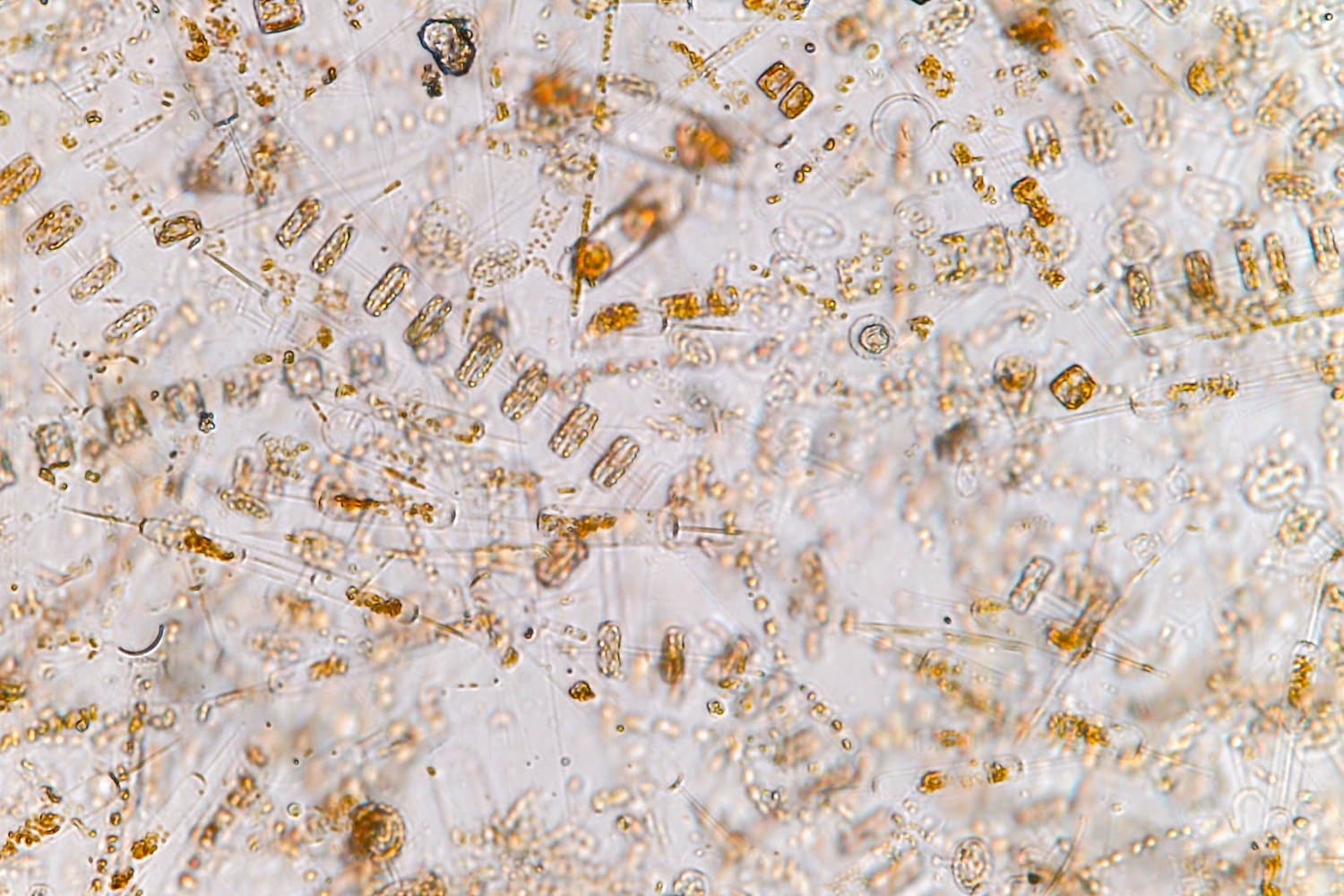
April 28, 2022
5,500 new RNA virus species discovered in the Ocean using samples collected during Tara Oceans mission
Discovering the RNA virosphere The ocean was once thought to be a vast desert in terms of viruses. Today, scientists are turning to the multitudes we now know inhabit the world’s seas to unravel mysteries of their biology, evolution, and function. While viruses are synonymous with disease, they also infect smaller organisms that run the
